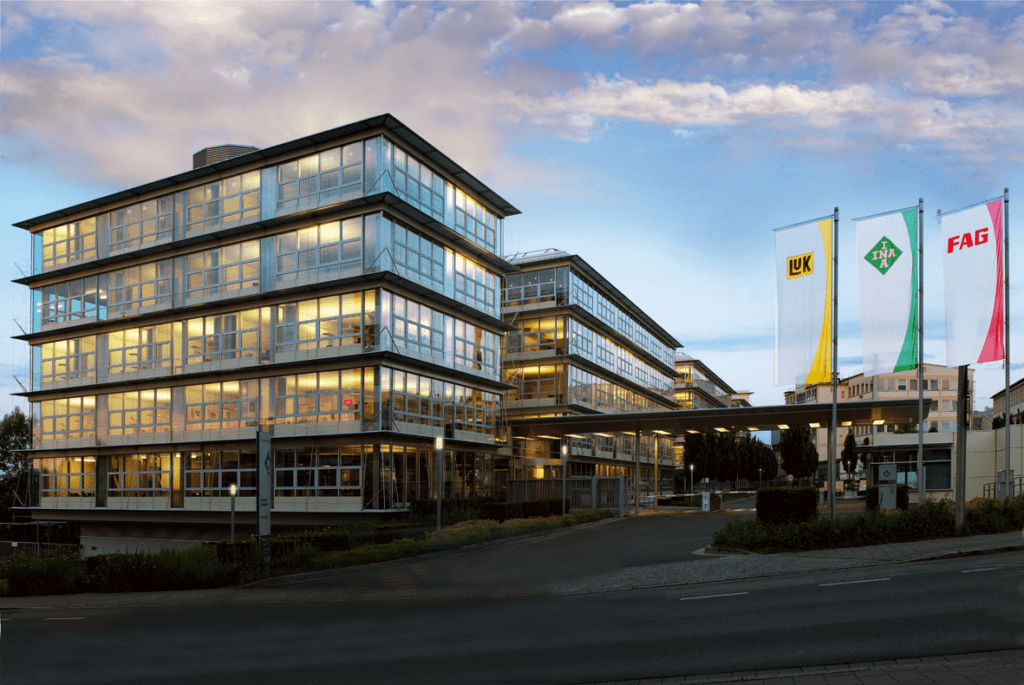Schaeffler acquires electric motor company to future-proof business
14 December 2017

14 December 2017
Automotive component supplier Schaeffler has purchased the remaining 49% of electric motor manufacturer Compact Dynamics that it did not own.
The company supplies a number of different parts to vehicle manufacturers, however as companies look towards introducing electric vehicles (EVs), some suppliers are concerned that their services will be restricted as the technology makes certain parts redundant. Schaeffler is one of these, with its core bearings business under threat from the rise of electric technology.
Schaeffler bought a controlling 51% stake in Compact Dynamics in 2016, with Semikron owning the remainder. The company is a development specialist in the field of innovative electric drive concepts with a focus on high-performance drives and integrated lightweight construction in small volume production and motorsport applications. Schaeffler and Compact Dynamics have been working together with great success for many years, including jointly developing the electric drive for the Audi ABT Schaeffler Team in the FIA Formula E electric racing series.
′For Schaeffler, the acquisition of the remaining shares of Compact Dynamics is an important step in the implementation of its strategy ′Mobility for tomorrow’, and electric mobility represents one of the company’s key opportunities for the future. This also includes the expansion of the company’s portfolio through the addition of new products. The acquisition of Compact Dynamics enhances Schaeffler’s existing technological expertise,’ the company said in a statement.
Schaeffler is counting on new business opportunities from the rise in demand of electric cars and increasing connectivity to increase sales by as much as 6% per year up to 2020, compared with a 3.4% increase in 2016.
To embrace these opportunities, in April the company began to streamline its core business, selling its automotive cylinder head manufacturing plant to Weber Group for an undisclosed amount in December 2016.
At the time of the sale, Klaus Rosenfeld, CEO of Schaeffler AG, said: ′We have decided as part of our ′Mobility for tomorrow’ strategy to concentrate on selected core competencies and future fields of development. The sale of Schaeffler Motorenelemente is a further step in this direction. It will allow us to free up resources that we can then invest in future fields of development that are important for us.’
The company slashed its annual profit guidance citing increased expenses for developing electric cars as one reason. The company said that earnings in Q2 2017 were substantially lower. This was due, the company said, to a shift toward EVs which had forced the supplier to build many more prototype components, hiking research and development expenses, while facing higher prices elsewhere.
Photograph courtesy of Schaeffler